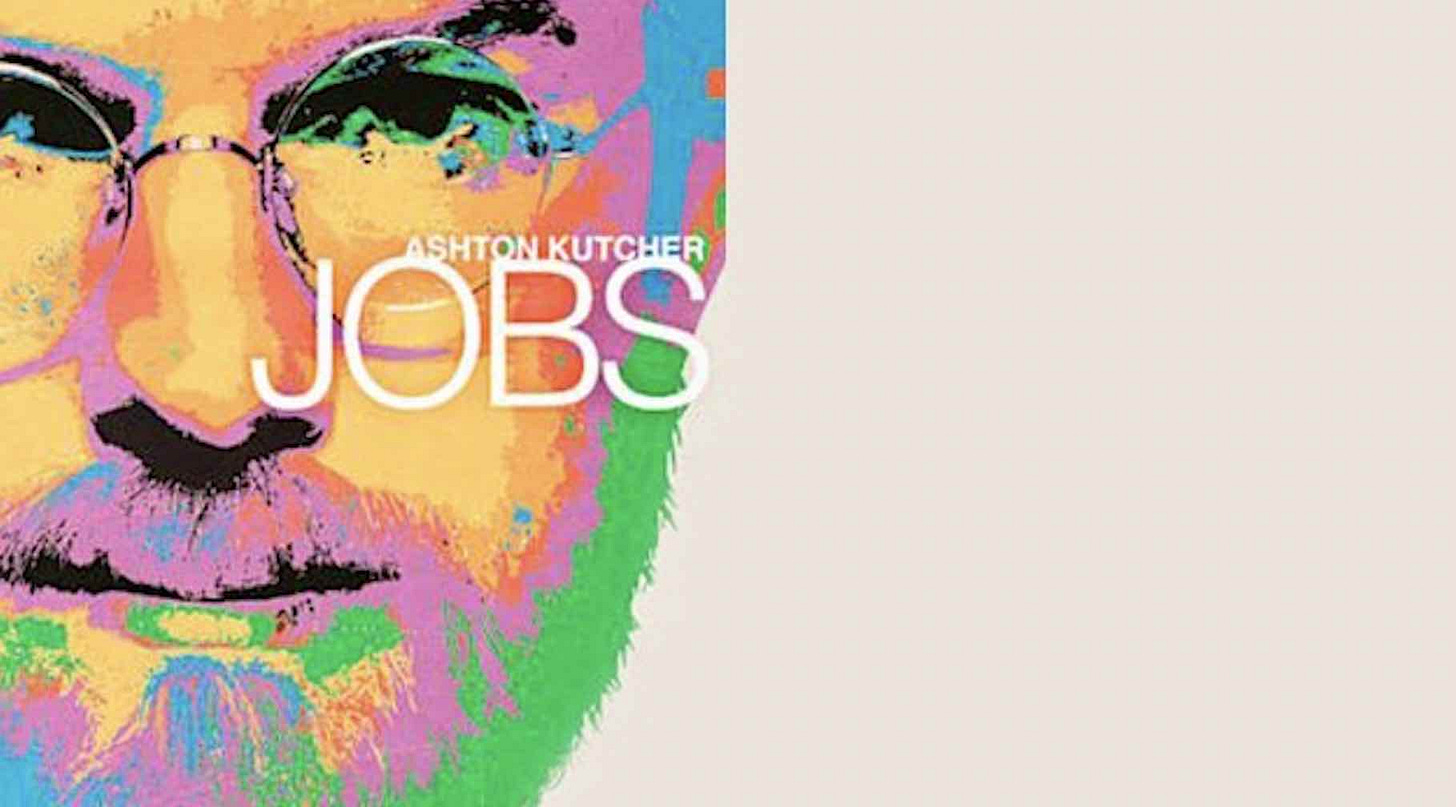Jobs is Pretty Good, But...
His greatness is not diminished by telling the truth about the man who brought him back to Apple.
by Rod D. Martin
August 17, 2013
So I just saw Jobs. It's pretty good. But there's a big caveat to that.
Like most people these days, I'm a huge Steve Jobs fan. Unlike most people, I've been a consistent fan without let up since I was about 12 (yes, that's 1981 if anyone's counting). And through all that time, I've been a consistent fan of Apple, even when they were screwing up. I've owned Macs -- many, many Macs -- consistently since they were a very new thing, even in the very bad times. And during those times as now, if Apple paid me commission on all the Macs and other Apple stuff I've sold for them, I wouldn't need a day job.
I never once made an excuse for Apple's mistakes. But I did hold out the belief that they still represented an incredible vision -- Steve's vision -- that deserved life, and that would in time change the world. It certainly changed my world, and the worlds of many of my friends. And that was true in the bad years and the good.
Steve Jobs deserved vindica…




